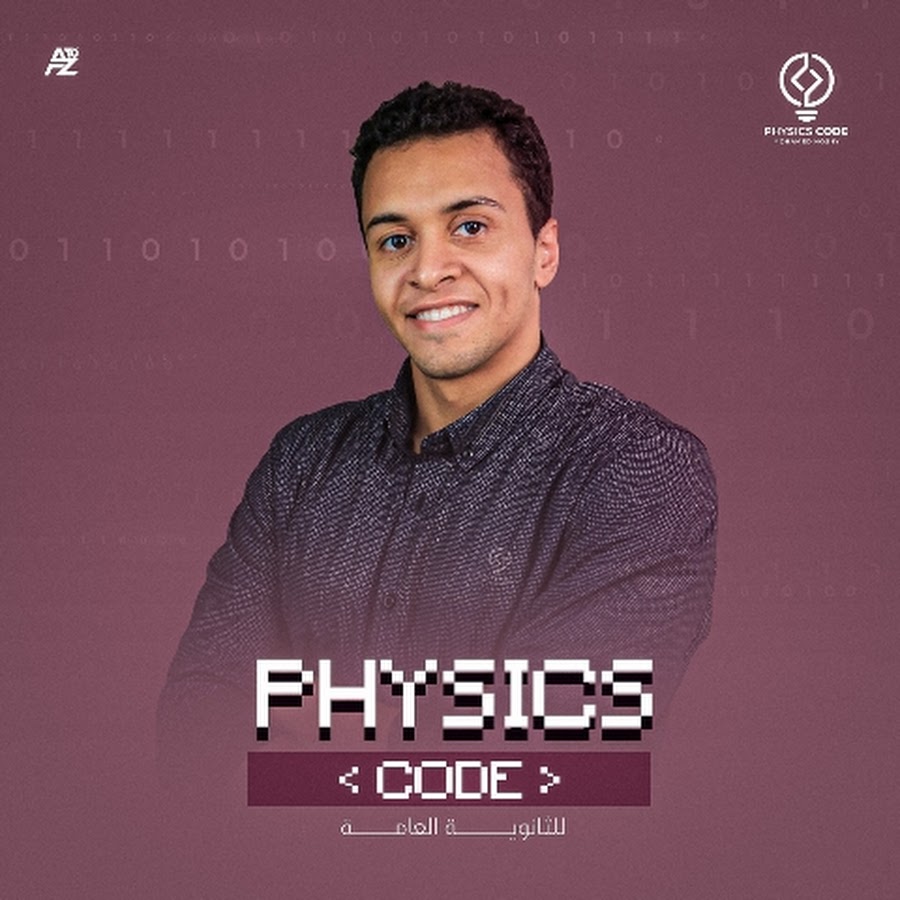As the frontiers of technology expand, the intersection between physics and computer science becomes increasingly pertinent. Research and advancements in physics have consistently driven the evolution of computational methodologies and vice versa. The digital revolution is not merely an exercise in programming; rather, it is a profound transformation that necessitates an understanding of complex physical principles. This raises the fundamental question: should those with a background in physics venture into computer science? This inquiry can be dissected into several cogent arguments that analyze various aspects of this transition.
Firstly, the intrinsic analytical rigor associated with physics forms a stout foundation for the study of computer science. Physicists are trained to approach problems with a systematic methodology, often involving mathematical modeling and experimental verification. These skills are indispensable in computer science, where algorithms need to be formulated, tested, and optimized. The ability to dissect a problem into smaller, manageable components—often referred to as “divide and conquer”—is equally essential in both fields. An understanding of physics can enhance one’s capability to craft sophisticated algorithms tailored for simulations that reflect physical phenomena.
Moreover, the tools and methodologies developed within the realm of physics offer a treasure trove of techniques applicable in computing. For instance, numerical analysis, a cornerstone of computational physics, is extremely relevant in computer science. It equips individuals with the ability to implement algorithms that process complex data sets, an increasingly vital skill in data-driven industries. The modeling techniques born from quantum physics, for example, can be applied to create groundbreaking algorithms in fields such as cryptography and information theory.
Secondly, the proliferation of interdisciplinary fields such as data science, computational neuroscience, and artificial intelligence necessitates a confluence of skills and knowledge from both physics and computer science. The dawn of “big data” has transformed the landscape of research, where massive datasets are commonplace. Physicists, who inherently approach complex systems, are well-equipped to engage with data analysis challenges. Their capability to draw correlations and infer causal relationships can enhance predictive modeling in various applications—from climate simulations to stock market forecasts.
In addition, a transition into computer science can lead to expanded career opportunities. The demand for computer scientists equipped with a robust understanding of physics has never been higher. Industry giants in sectors ranging from aerospace to finance continuously seek professionals who can bridge these two domains. The unique perspective offered by a physicist can provide a competitive edge in innovation. For example, contributing to artificial intelligence requires a grasp of both physical processes and computational capacity to model those processes algorithmically, thereby paving new avenues for machine learning applications.
However, aspiring physicists should also contemplate the potential hurdles they may face during this transition. Adaptation to a markedly different mode of thinking can be challenging. Whereas physicists often emphasize derivations and theoretical constructs, computer science necessitates a more practical, sometimes less formal, problem-solving approach. Writing code involves a level of creativity distinct from theoretical physics; it requires an iterative process of trial and error to achieve functionality. As such, individuals must cultivate a mindset that embraces failure as a constructive component of the learning process.
Furthermore, the jargon and abstractions prevalent in computer science can be daunting for those who have primarily traversed the realm of physics. Terms such as “machine learning,” “artificial intelligence,” and “graph theory,” may appear esoteric, necessitating a focused and deliberate effort to assimilate this new lexicon. Nevertheless, bridging the gap between disciplines is facilitated by numerous resources, including online courses, coding boot camps, and community forums. Such platforms provide ample opportunity for practical engagement, allowing physicists to cultivate computational fluency.
The ethical implications of integrating computational technologies into everyday life is another domain deserving consideration. As physics often grapples with universal truths, computer science introduces a framework that may influence socio-ethical dynamics. The deployment of algorithms in decision-making processes raises ethical questions regarding bias, transparency, and accountability. Thus, for individuals transitioning from physics to computer science, an interdisciplinary perspective can foster a nuanced understanding of the societal impact of technology. Engaging critically with these ethical dilemmas is vital for developing responsible innovation.
Ultimately, the decision to pivot from physics to computer science hinges on individual aspirations and career goals. Some may seek the thrill of developing cutting-edge software, while others may be drawn to solving computational problems imbued with deep physical significance. The varied pathways open within this cross-disciplinary landscape reveal a rich tapestry of potential. Whether fostering advancements in machine learning models that predict physical behavior or generating simulations of quantum phenomena through coding, the possibilities are as expansive as the universe itself.
In conclusion, the transition from physics to computer science offers tangible benefits, fostering analytical thinking, expanding career opportunities, and encouraging an interdisciplinary approach to problem-solving. While challenges exist, the rewards often outweigh the limitations. For those with a passion for both domains, the journey into computer science can not only be prudent but also profoundly enriching, shaping the future of technology in alignment with the fundamental principles of physics.












